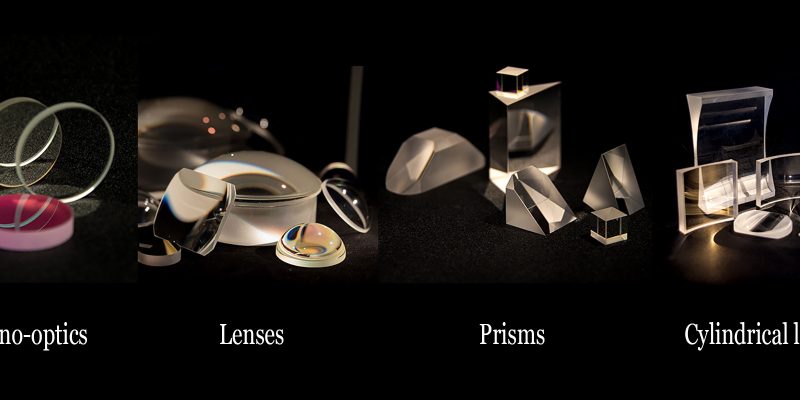The world of lasers is fascinating, offering a spectrum of applications from cutting-edge medical procedures to high-precision manufacturing. At the core of these applications lie laser lenses, the unsung heroes shaping and directing laser beams. In this exploration, we unravel the intricacies of laser lenses, their diverse types, and the pivotal role they play in steering the course of laser technology.
Unveiling the Optics
Laser lenses are optical components meticulously crafted to control the trajectory of laser beams. With a variety of shapes and materials at their disposal, these lenses empower lasers to achieve feats that were once deemed impossible.
Diverse Types of Laser Lenses
Spherical lenses, with their uniform curvature, are the most common type. They are versatile and find applications in a myriad of laser systems. From focusing laser beams to creating collimated light, spherical lenses are the workhorses of laser optics.
Aspheric Lenses
Aspheric lenses depart from the conventional spherical shape, featuring varying curvatures across their surfaces. This design minimizes aberrations and improves image quality. In laser systems, aspheric lenses find use in applications demanding enhanced precision, such as laser-based microscopy.
Plano-Convex and Plano-Concave Lenses
Plano-convex lenses have one flat and one convex surface, while plano-concave lenses have one flat and one concave surface. These lenses are employed in laser systems where specific focal lengths and beam shapes are required. Their simplicity and effectiveness make them indispensable in various optical setups.
Diffractive Lenses
Diffractive lenses utilize diffraction grating patterns to manipulate laser beams. These lenses offer advantages such as reduced weight and improved chromatic aberration correction. As technology progresses, diffractive lenses are becoming more prevalent in laser systems requiring lightweight and compact optics.
Applications in Everyday Life
Laser lenses silently contribute to our daily lives, powering technologies that have become integral to our existence.
Barcode Scanners
The barcode scanners used in retail and logistics heavily rely on laser lenses to ensure accurate and rapid scanning. The precise focusing of laser beams facilitated by these lenses enables quick and efficient data capture, streamlining processes in various industries.
Entertainment Laser Shows
Laser lenses play a crucial role in creating mesmerizing laser light shows. By manipulating laser beams into intricate patterns and colors, these lenses contribute to the immersive experience of entertainment events, concerts, and laser displays.
Laser Printers
In the realm of printing technology, laser lenses are essential components in laser printers. They facilitate the precise modulation and focusing of laser beams, enabling the creation of high-quality prints with sharp text and images.
Pushing Boundaries with Advanced Technology
The landscape of laser technology is evolving, and laser lenses are evolving with it.
Metamaterial Lenses
Metamaterials, engineered to exhibit properties not found in nature, are finding their way into laser lenses. Metamaterial lenses can manipulate light in ways traditional lenses cannot, leading to advancements in fields such as microscopy and nanofabrication.
Freeform Optics
Freeform optics, characterized by non-traditional shapes, are redefining the capabilities of laser lenses. These lenses offer greater design flexibility, allowing for improved aberration correction and enhanced performance in compact optical systems.
Conclusion
In the grand tapestry of laser technology, laser lenses emerge as the craftsmen shaping the intricate patterns of light. From commonplace applications to cutting-edge innovations, these lenses navigate the realms of precision, opening doors to new possibilities. As we stand on the cusp of technological breakthroughs, the journey of laser lenses continues, promising a future illuminated by their precision and adaptability.









Comments